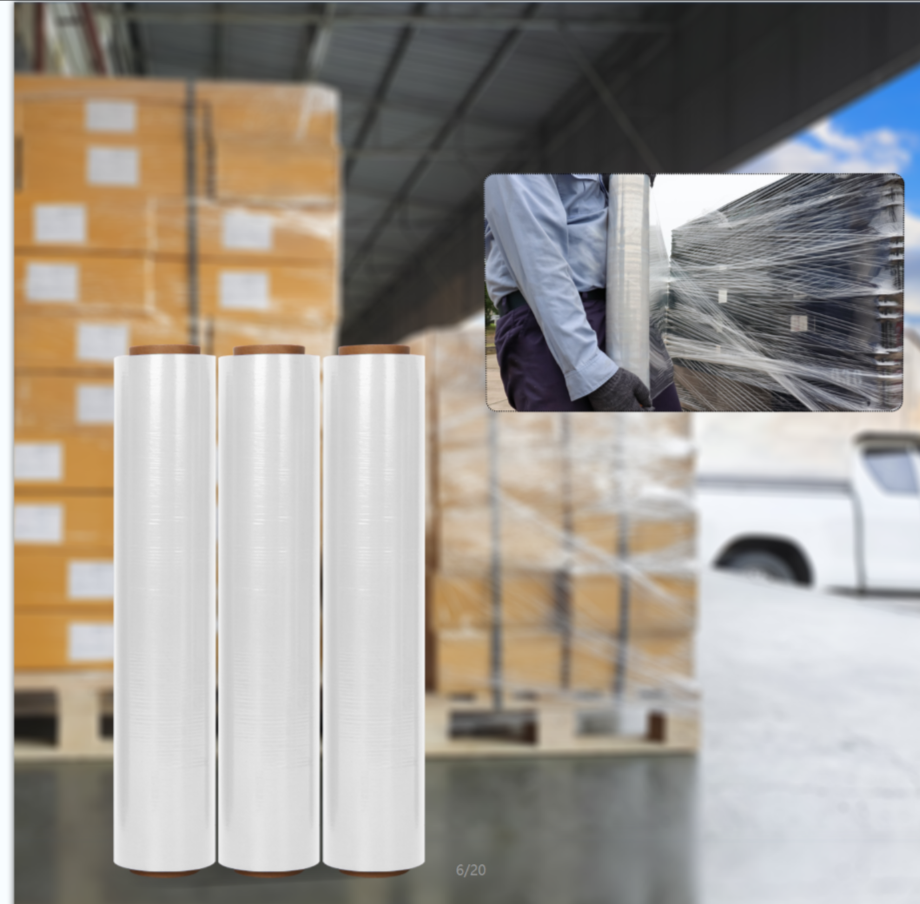biodegradable clear plastic bags
Biodegradable Clear Plastic Bags An Eco-Friendly Solution for Modern Needs
In recent years, the global conversation around environmental sustainability has intensified, prompting a shift towards more eco-friendly products. Amongst these, biodegradable clear plastic bags have emerged as a promising alternative to traditional plastic bags, combining convenience with environmental responsibility. This article explores the significance, benefits, and challenges associated with biodegradable clear plastic bags.
Plastic pollution has become one of the most serious environmental issues of our time. According to the United Nations, roughly 300 million tons of plastic are produced each year, with a significant portion ending up in our oceans and landscapes. Traditional plastic bags, made from polyethylene, can take hundreds of years to decompose, contributing to pollution and harm to wildlife. The need for a sustainable alternative has never been more urgent. Enter biodegradable clear plastic bags.
Biodegradable clear plastic bags are made from materials that break down more quickly than traditional plastic. They are often composed of natural substances, such as starch, polylactic acid (PLA), and other biodegradable polymers. These materials allow the bags to decompose in industrial composting facilities or in suitable environmental conditions, significantly reducing their lifespan in landfills and the natural environment.
One of the primary benefits of biodegradable clear plastic bags is their ability to reduce plastic waste. When disposed of properly, they can break down within months rather than centuries. This accelerated decomposition helps in alleviating the burden of plastic waste on landfills, waterways, and ecosystems. Additionally, since they are often made from renewable resources, their production can decrease dependence on fossil fuels, further contributing to a more sustainable economy.
biodegradable clear plastic bags

Moreover, biodegradable bags offer consumers flexibility without compromising on functionality. Clear variants retain the transparency that many businesses require for product visibility, making them suitable for a variety of applications, from grocery stores to retail outlets. They offer the same convenience as conventional plastic bags while minimizing their ecological footprint.
Businesses are increasingly recognizing the importance of sustainability in their operations. The demand for biodegradable products has surged as consumers become more environmentally conscious and demand greener alternatives. By using biodegradable clear plastic bags, companies can enhance their brand equity, attract eco-conscious customers, and comply with legislative measures aimed at reducing plastic waste. Some regions and municipalities have already started implementing bans or taxes on non-biodegradable plastic bags, making the transition to biodegradable options not just a choice but a necessity for many businesses.
However, the transition to biodegradable clear plastic bags is not without challenges. One major concern is the distinction between biodegradable, compostable, and degradable bags. Consumers should be educated to ensure that they choose the right product that meets their needs without causing further environmental damage. For instance, not all biodegradable bags will break down effectively in regular landfill conditions; many require specific industrial composting processes to compost completely.
Another challenge is the potential for greenwashing, where companies falsely claim their products are eco-friendly without adequate evidence. This misleading marketing undermines the efforts of genuine eco-friendly brands and can confuse consumers. Therefore, it’s critical for regulatory bodies to implement clear labeling standards and for consumers to be aware of certifications such as ASTM D6400 or EN 13432, which indicate that a product is compostable within a specific timeframe under controlled conditions.
In conclusion, biodegradable clear plastic bags represent a viable solution in the fight against plastic pollution. They offer an environmentally responsible alternative while maintaining the convenience that consumers have come to expect. As awareness and demand for sustainable products rise, businesses must navigate the complexities of marketing and consumer understanding while transitioning to more eco-friendly practices. Ultimately, by moving towards biodegradable options, we can collectively work towards a cleaner, healthier planet for future generations. The journey may be intricate, but the potential for positive change is boundless, making biodegradable clear plastic bags a crucial step in our sustainability efforts.
-
The Best Uses for Small Trash Bags in Daily LifeNewsJul.01,2025
-
Stylish Reusable Grocery Bags TrendsNewsJul.01,2025
-
Shipping Advantages of Using Bubble Envelopes BulkNewsJul.01,2025
-
How Compostable Mailing Bags Reduce Environmental ImpactNewsJul.01,2025
-
Environmentally - Friendly Bulk Poly MailersNewsJul.01,2025
-
Eco Friendly Custom Laminated Tote BagsNewsJul.01,2025
-
Have the freedom of customizing your custom mailers any way you want! Our dedicated packaging support will help deliver you the mailing experience you need to elevate your shipping experience to the next level! Start making a strong impression on your customers and stand out from your competitors! -
LIYA uses high quality raw materials which directly purchased from large enterprises domestic and overseas such as PetroChina, Sinopec, Sabic, Equate, ExxonMobil, Dow Chemical, Total, and Borouge, ensuring the price advantage and quality of the raw materials. -
LIYA uses high quality raw materials which directly purchased from large enterprises domestic and overseas such as PetroChina, Sinopec, Sabic, Equate, ExxonMobil, Dow Chemical, Total, and Borouge, ensuring the price advantage and quality of the raw materials.





